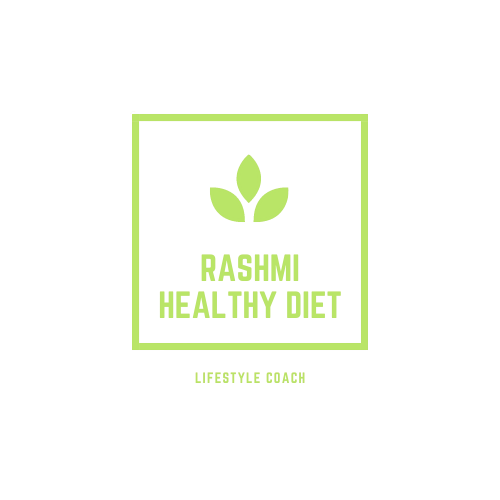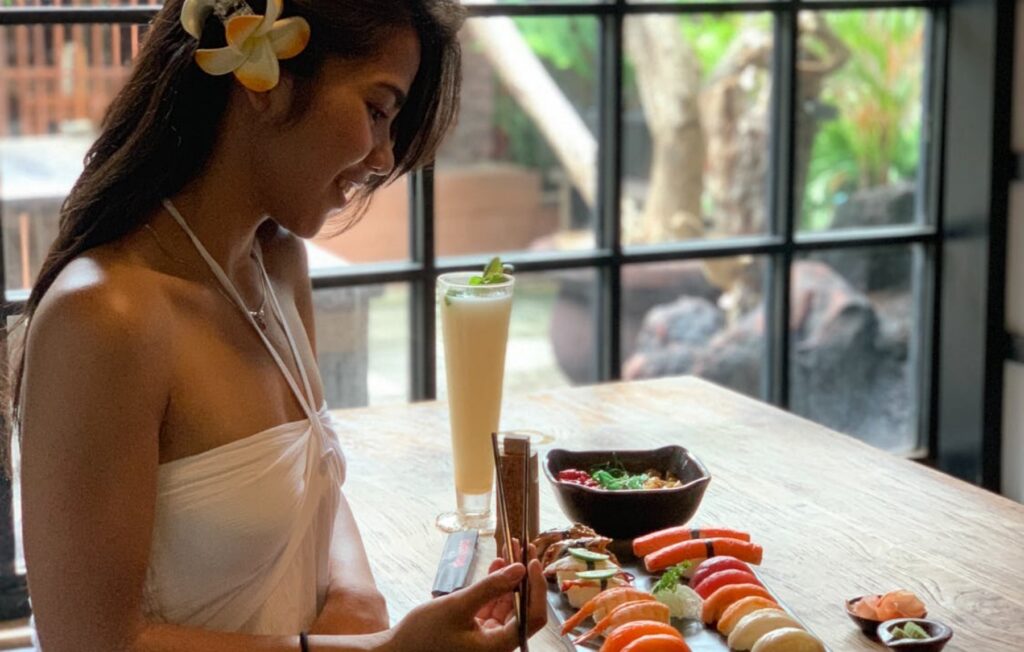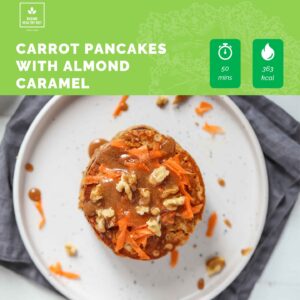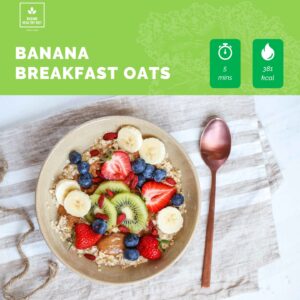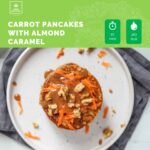Even the person who follows the strictest diets, who knows the calorie content of everything, has a bad day and resorts to comfort food. It is so ingrained and normalized in society it has become a classic trope in most romance movies. The protagonist finds themselves in a vulnerable, lonely spot from the lack of love and what do they turn to, a good old pint of ice cream.
Fortunately, or unfortunately, depending on how you look at it. The human brain has evolved to reward behavior and things that increased our chance of survival. One of these things is eating.
The tough part is that our brains are wired to reward us for high calorie, high energy foods. Such foods were vital to sustaining our ancestors, but in today’s world where food is plentiful, our brains work against.
What constitutes emotional eating?
In the journal Appetite there is an article, Relations between negative affect, coping, and emotional eating that deals with this question point-blank. Their findings state that “emotional eating is related to reliance on emotion-oriented coping and avoidance distraction in eating-disordered women as well as in relatively healthy women.”
There are two things to take away from this. First, emotional eating is on some level normal, the degree to which it interferes with your normal life that makes the difference. Second, if you eat to cope with daily life and this is your chief way to cope, you probably are emotional eating.
How would I know?
Here’s a list of a few questions that can help you differentiate between eating for nourishment and emotional eating or eating to fill a void.
If you answer yes a few of these questions, it may be in your best interest to seek professional help as it seems you use emotional eating as a crutch.
- Do you binge when you are stressed?
- Do you eat even when you are not hungry or soon after a meal?
- Does eating make you feel better? Especially when you are bored, lonely, sad, or otherwise in emotional turmoil?
- Do you consider food a reward?
- Do you until you feel sick or really stuffed?
- Is food your comfort and/or pleasure?
- Is food a friend?
- Have you lost control over food?
How To Stop The Habit Of Emotional Eating
Refer to the previous list and use it to learn your triggers. Some find it helpful to keep a food diary. In it, a record not only of what and how much you ate but also how you felt. This may bring to light a pattern in your eating.
Recognizing a pattern allows you to develop a strategy to break it. Patterns such as eating after a hard day at work, during high-stress times, after a heartbreak, or when lonely or bored are signs of emotional eating. Yoga, meditation, and regular exercise can help reduce stress levels. Talking about your feelings is a much healthier coping mechanism than eating. Food is sustenance, it should never be used for comfort.
Distract yourself. The best distractions from emotional eating are things that take only about five minutes—just long enough to help you switch gears. Not only can this help stop the behavior but it can help change your mood, hopefully taking away the feeling of needing to eat.
Make it easier on yourself and take away the temptation. Clean out your fridge and cupboards of all unhealthy foods that you typically indulge in.
Never go to the grocery store when you are in emotional turmoil.
Get support. Those who lack a quality support system tend to emotionally eat more often.
